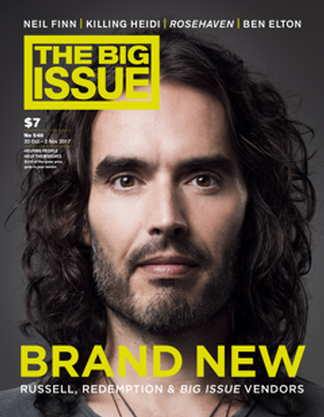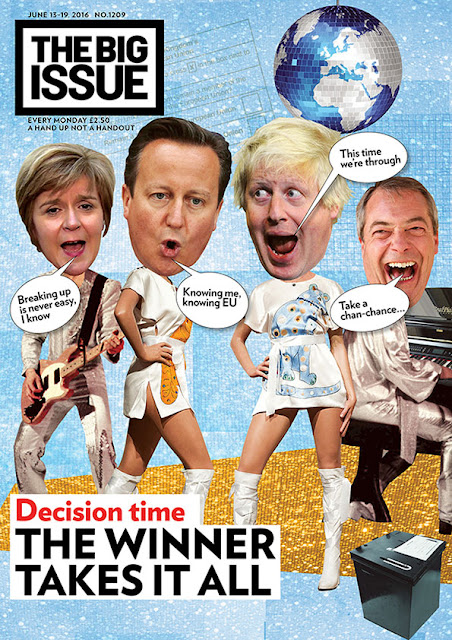NEWS REVISION - CONTEXTUAL ISSUES
How are the institutional backgrounds of the two papers different? Who owns them? What are their news values? How do their ideologies differ?
What are the social, cultural and political attitudes of each newspaper?
How have changing economic contexts affected newspapers?
Can you suggest ways that newspapers can affect the social, cultural and political attitudes of society? e.g. How do newspapers shape the audience?
- The Guardian follows a left-wing institution whereas the Daily Mail follows a conservative, right-wing institution.
- The Guardian is owned by the 'Scott Trust'. The Daily Mail is owned by the 'Daily Mail & General Trust'
- Though a major difference between this ownership is that the Mail has always been owned by the same family (limited news values)
- The Guardian focuses on hard-news such as politics
- The Daily Mail focuses on sensationalised news, with a lighter celebrity focus
- Their ideologies can be shown through the genre of each paper, as the Guardian is a broadsheet newspaper but in a physical tabloid format. Thought the Daily Mail is both a tabloid in physicality and content.
What are the social, cultural and political attitudes of each newspaper?
- The Mail focuses on celebrity and crime, whereas the Guardian focuses on education and the media
How have changing economic contexts affected newspapers?
- Both the Guardian & the Mail have online sites and apps which provide constantly evolving news, unlike the traditional print format
- The Independent newspaper has gone completely online, hence due to the rise in print costs in retrospect to the actually numbers of who is purchasing a physical print copy
Can you suggest ways that newspapers can affect the social, cultural and political attitudes of society? e.g. How do newspapers shape the audience?
- The comment sections on online articles can be influential to a consumer after they had read the article, as it allows further opinions on what the article focuses on


Comments
Post a Comment